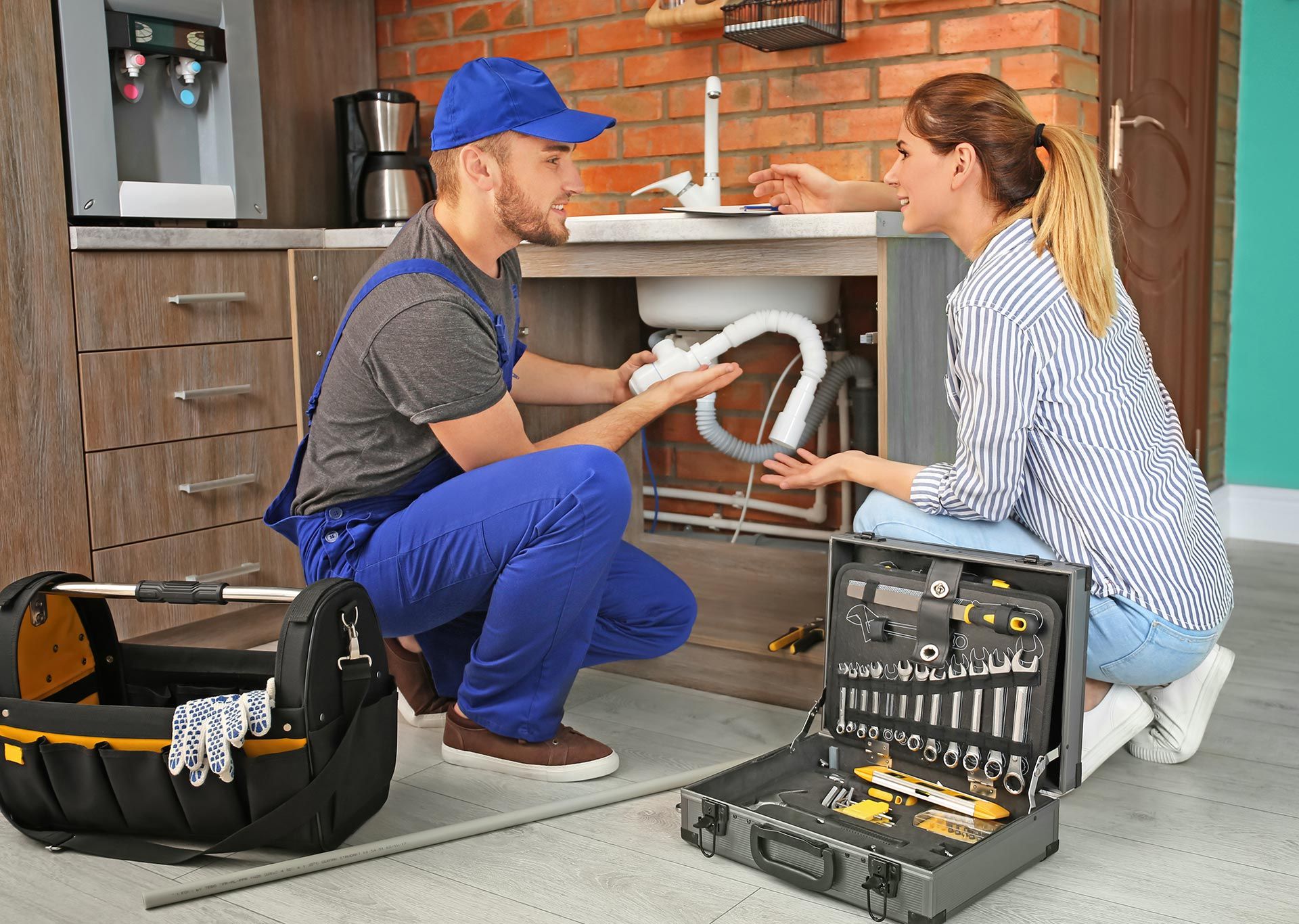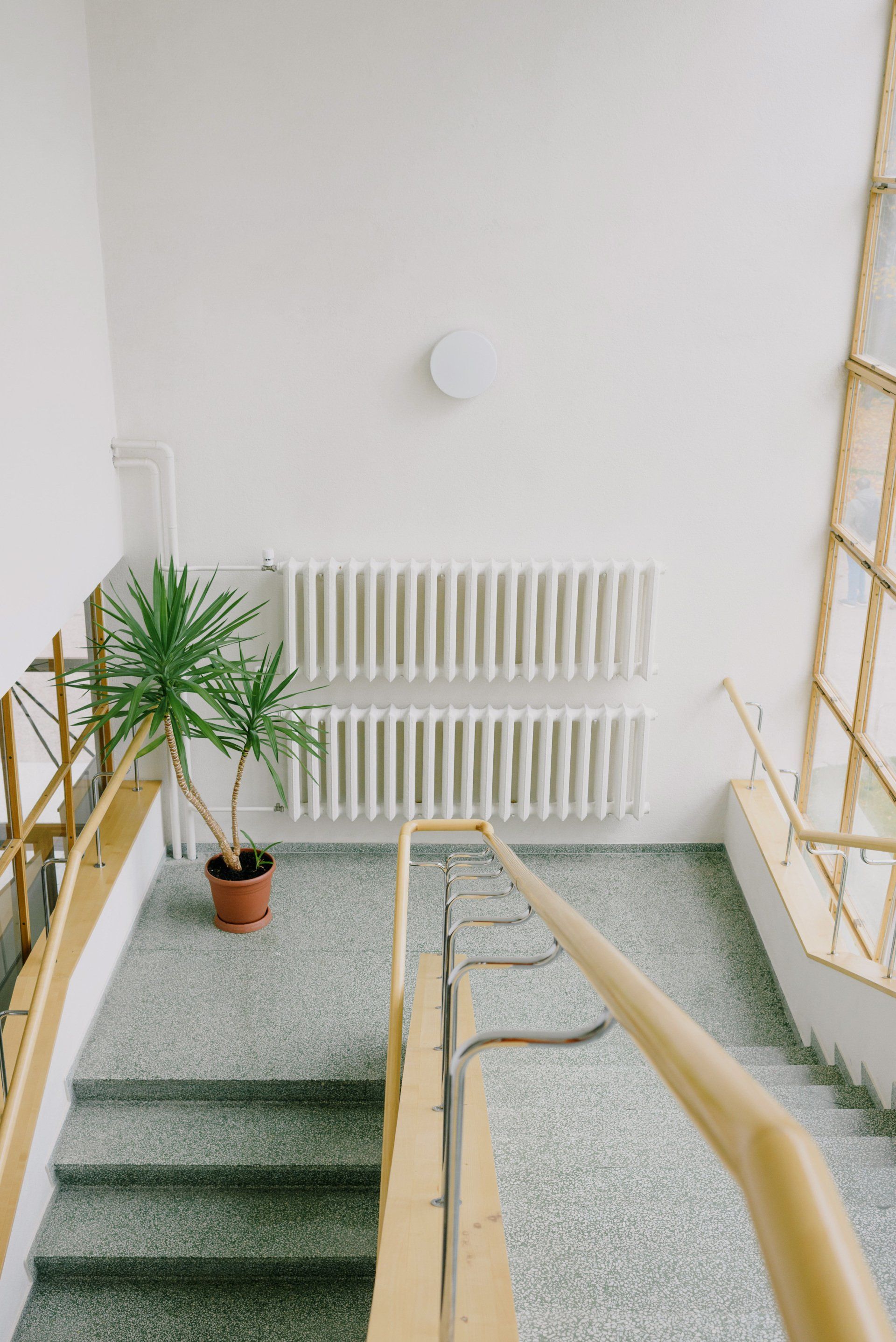Should you pay a deposit for a plumber?
When hiring a plumber, especially for larger projects, it’s common to encounter the question: should you pay a deposit upfront? While some may hesitate, unsure if it's necessary or safe, paying a deposit can be a reasonable request depending on the situation. In this article, we will explore the factors you need to know before making that decision.
Why plumbers request deposits?
Plumbers, like many contractors, often require deposits to secure commitments and cover initial expenses. Here are the primary reasons why this practice is common:
Material Costs: For larger jobs like bathroom renovations or major pipe replacements, plumbers need to purchase materials in advance. A deposit helps cover these costs.
Scheduling Assurance: Deposits ensure that both parties are serious about the project. This protects the plumber from last-minute cancellations and gives them confidence to allocate their time and resources.
Custom or High-Cost Projects: Complex or custom projects may require specialty materials or extended preparation. A deposit ensures the client is financially committed.
When it's reasonable to pay a deposit
While paying a deposit can be a standard practice, it’s essential to understand the context and ensure the terms are fair. Here’s when it makes sense to agree:
- Larger Jobs: For extensive plumbing work, such as remodelling, new installations, or emergency repairs involving significant resources.
- Clear Contractual Terms: If the plumber provides a detailed estimate and a written agreement outlining the scope of work, timeline, and deposit requirements, it’s usually safe to proceed.
- Reputable Plumbers: If the plumber or plumbing company has good reviews, references, and proper insurance, a deposit is less risky.
How much should the deposit be?
The deposit amount varies depending on the size and complexity of the job. However, industry norms suggest:
- Small Jobs: No deposit or a small upfront fee to cover materials.
- Medium Jobs: 10–20% of the total project cost.
- Large Jobs: Up to 50%, especially for custom work.
Avoid paying 100% upfront unless it’s for a very small, simple repair.
When should you not pay a deposit?
While deposits are normal, there are situations where you should proceed with caution:
No Written Agreement: Never pay a deposit without a contract or written estimate. This protects both parties in case of disputes.
Excessive Upfront Requests: Be wary if a plumber demands a large deposit without a reasonable explanation, or refuses to outline how the funds will be used.
Uninsured Plumbers: Verify the insurance credentials of your plumber and check online reviews or references to ensure reliability.
Cash-Only Requests: Legitimate plumbers often accept various payment methods and provide receipts. Cash-only policies can be a warning sign.
How to protect your deposit
Here are some tips to safeguard your deposit:
- Research: Choose a reputable plumber by checking reviews, asking for references, and verifying their insurance.
- Get Multiple Quotes: Compare estimates from several plumbers to ensure the deposit request aligns with industry standards and that the quotation for the work is competitive
- Use Contracts: Insist on a written agreement that outlines all terms, including the deposit amount, payment schedule, and refund policies.
- Pay Safely: Use traceable payment methods like checks, credit cards, or bank transfers, and always request a receipt.
Summary
Paying a deposit for a plumber is often reasonable, especially for larger or custom projects. However, it’s essential to vet the plumber, review the terms, and ensure your interests are protected. By taking these precautions, you can confidently move forward with your plumbing project and avoid potential pitfalls.
For professional help with your plumbing in Sheffield contact our experts at Plumbers Sheffield today!



